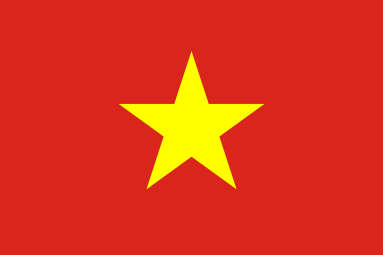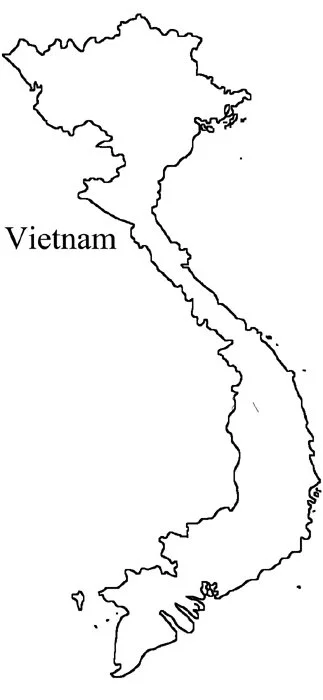Vietnam, located in Southeast Asia, is a rapidly developing economy with a population of around 98 million people and a GDP of approximately $340 billion. The country has experienced strong economic growth in recent years, driven by a diverse economy that includes sectors such as manufacturing, agriculture, services, and tourism. Vietnam is a key player in international trade and investment with its strategic location and competitive advantages.
Vietnam has established itself as an important player in the global market with a network of trade agreements. The country is a member of the World Trade Organization (WTO) and the Association of Southeast Asian Nations (ASEAN), providing access to a wide range of trade agreements with countries around the world. Vietnam also has bilateral trade agreements with key trading partners such as the European Union, Japan, China, and the United States.
Vietnam's main exports include garments, textiles, footwear, electronics, seafood, and agricultural products. The country is one of the largest exporters of garments and textiles in the world, with these products accounting for a significant portion of its total exports. Footwear, electronics, seafood, and agricultural products such as rice and coffee also contribute significantly to Vietnam's export earnings. The country's main export markets include the United States, China, Japan, and the European Union.
On the import side, Vietnam imports a variety of products including machinery, electronics, petroleum products, and raw materials. The country's main import partners include China, South Korea, Japan, and the United States. Vietnam relies on imports to meet its domestic consumption needs and support its manufacturing and services sectors.
In recent years, Vietnam has been working to further enhance its competitiveness in key industries and attract foreign investment. The government has implemented policies to promote innovation, technology adoption, and sustainable development. Vietnam is also focusing on developing its digital economy, improving infrastructure, and expanding its industrial base to drive economic growth and improve connectivity with global markets.
Overall, Vietnam's economy is characterized by its rapid growth, diversification, and strong international trade relationships. The country's strategic location, young and skilled workforce, and competitive advantages make it an attractive destination for international trade and investment opportunities. Vietnam's commitment to economic reforms, innovation, and sustainable development positions it as a key player in the global economy.


